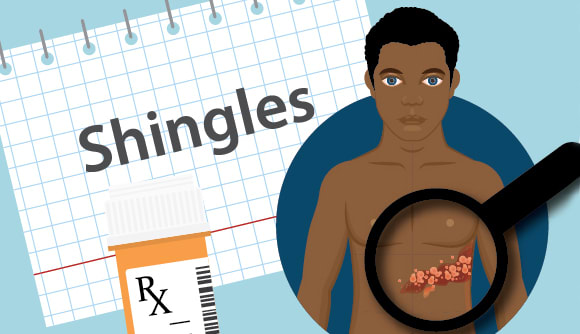What was I going to do?
5 tips to sharpen your memory and improve brain health.
Article Author: Beth Stambaugh
Article Date:

You walk into a room to do something but when you get there, you have no idea why. If this has ever happened to you, you’re not alone. Memory issues affect about 40 percent of people over 65, about 16 million in the U.S.
But it’s not just older folks. Today’s fast-paced society, with its many distractions, makes anyone vulnerable to an occasional brain snafu.
So what can you do to sharpen your memory?
“Repetition is the key to memory,” said Lynda Gridley, a speech-language pathologist at Baptist AgeWell Center for Health. Surprisingly, speech-language pathologists can help patients with memory disorders due to their expertise in the connection between language and cognition.
Our 5 best memory tips
Repeat after me. Our brains are wired for repetition, so writing something down after thinking it or repeating it aloud (like when you meet someone new) reinforces it in your mind. While smartphones are great for making lists, the physical act of writing something down is more effective in registering names and items in your mind. Some people find that having dry-erase board at home or work helps, even though items are eventually erased. Again, it’s the physical act of writing things down that does the trick.
Load up on brain food. Did you know that just one serving of leafy, green vegetables a day can improve your brain aging by 11 years? Rush University Medical Center in Chicago recently released a study that proves it, showing a slower rate of decline on memory tests and thinking skills than people who rarely or never ate veggies like spinach, kale, collard greens, or lettuce. Leafy greens also have plenty of Vitamin C and B, which are shown to improve memory. If you aren’t a fan of leafy greens, take supplements of these vitamins.
Foods high in antioxidants, like those found in the Mediterranean diet, are shown to boost memory. In fact, a study from the Alzheimer’s Association shows that following the Mediterranean diet may lower your risk of developing cognitive impairment by up to 35 percent.
Move that body! Although we usually think of exercise being good for our bods, it’s also good for your brain. This is because getting your heart rate up appears to increase the size of the hippocampus – the area of the brain involved with memory and learning. It also releases chemicals in the brain that promote healthy brain cells and the growth of new brain cells. And it doesn’t take much; just 150 minutes of aerobic exercise a week will help. (Strength training and balance exercises don’t have the same effect.)
Exercise your brain. No need to learn calculus or Chinese (unless you want to!); brain games don’t have to be complicated. Try doing familiar things in a different way – like writing with your non-dominant hand or simply taking a different route on your walk or run. Or relearn an old skill like dusting off that clarinet from high school band or picking up your tennis racket again. Crossword puzzles and numbers games work, too, but make sure you are being challenged. Struggling a bit is what benefits the brain.
Get out there and be social. This is especially helpful for older adults. The American Journal of Psychiatric Health published a study that showed social support helps protect against dementia. And another study in Psychology Today shows that people who connect with others generally perform better on memory tests. So, volunteer, take a class, join a book club…whatever will get you interacting with others. And don’t feel guilty for lingering at the coffee shop chatting away. The socialization will help you remember all those items on your “to-do” list!



